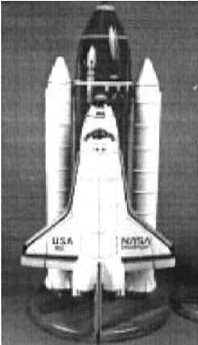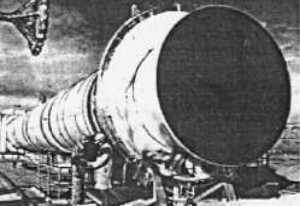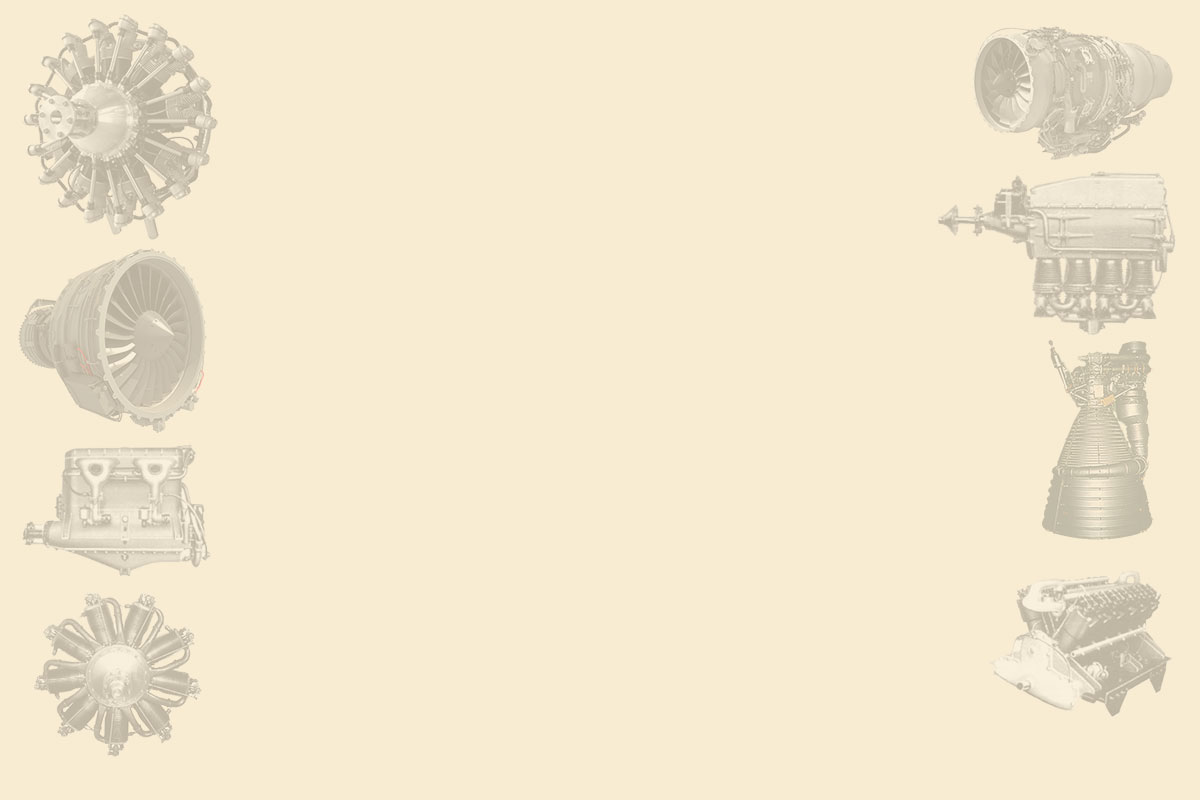Updated: 20-Nov-2024
A coincidence led to the discovery of the first synthetic rubber in the 1920s by mixing a glue with sulfur.
-In 1929 the Thiokol Chemical Corporation was founded, which produced and marketed the product. Thiokol was -in Greek- the contraction of “sulfur and glue”.
In 1943, it is discovered that with the right catalyst it turns out to be an imposing rocket engine fuel.
-Also very handy since it was introduced inside the bodies and molded perfectly, being able to build engines of all sizes and shapes.
-They built engines such as the SSuS-A from the Atlas Centaurus, Minuteman III, Maverick, Harm, Hellfire series.
-In 1982 it changed its name to Morton-Thiokol upon merging with Morton Norwich Products.
-That same year the Space Shuttle ASRM engine tests began, precisely those that are placed on both sides of the main fuel tank as "boosters" necessary for takeoff.
-It was a multi-segment construction. It was one of the union joints that failed in the unfortunate accident in which the friendly school teacher McAuliffe and her fellow crew members died.
-The initial thrust of this engine was about two and a half million pounds.

“Space Shuttle model”

“Rocket engine ready for testing”
-Morton-Thiokol, for sure, has built countless rocket engines as indicated by their references: TX733, TX632, TX6576, TX780, etc.
Engines of MORTON-THIOKOL
Model: ASRM
Arquitecture:
Chambers:
Fuels:
Feed System:
Ignition:
Thrust:
Weight:
Model: SSuS-A
Arquitecture:
Chambers:
Fuels:
Feed System:
Ignition:
Thrust:
Weight:
Model: TX-632
Arquitecture:
Chambers:
Fuels:
Feed System:
Ignition:
Thrust:
Weight:
Model: TX-6576
Arquitecture:
Chambers:
Fuels:
Feed System:
Ignition:
Thrust:
Weight:
Model: TX-733
Arquitecture:
Chambers:
Fuels:
Feed System:
Ignition:
Thrust:
Weight:
Model: TX-780
Arquitecture:
Chambers:
Fuels:
Feed System:
Ignition:
Thrust:
Weight:


